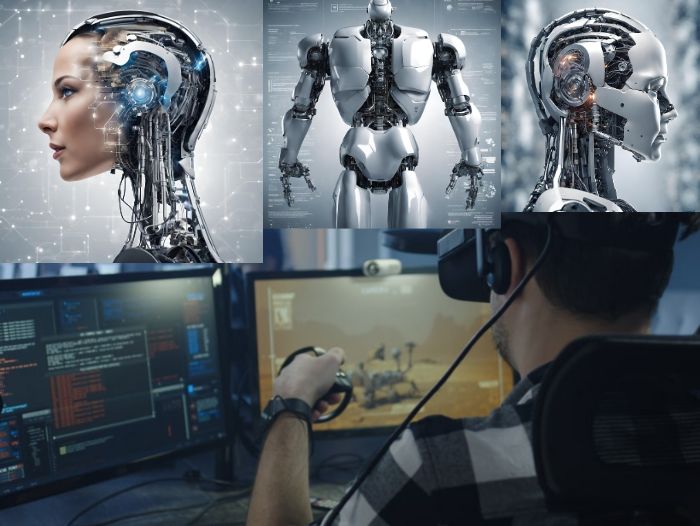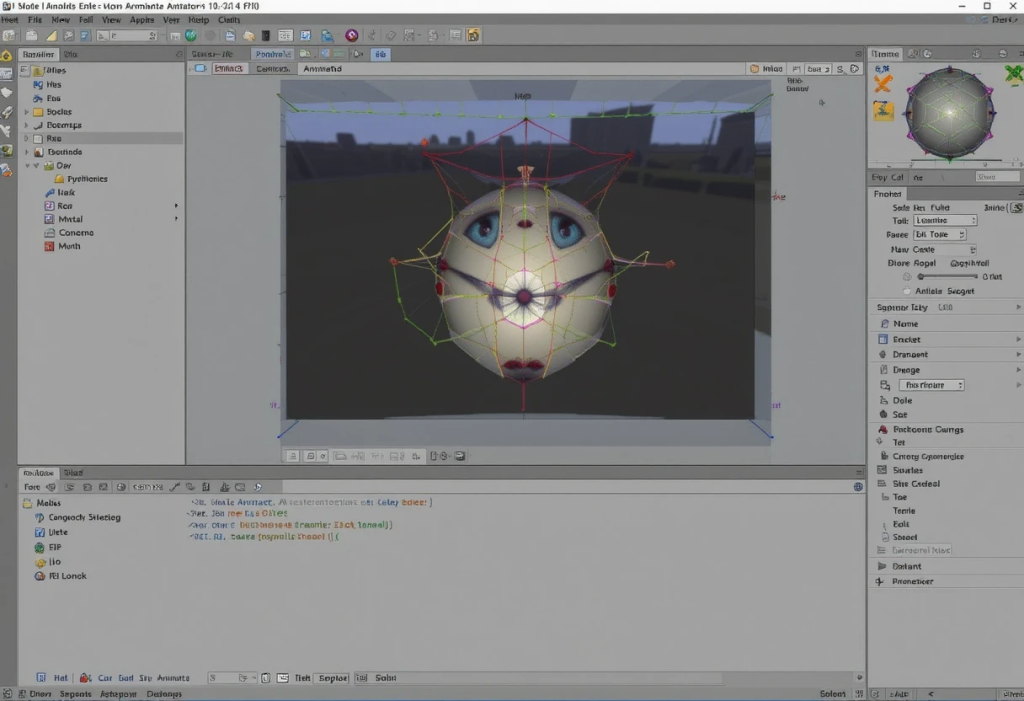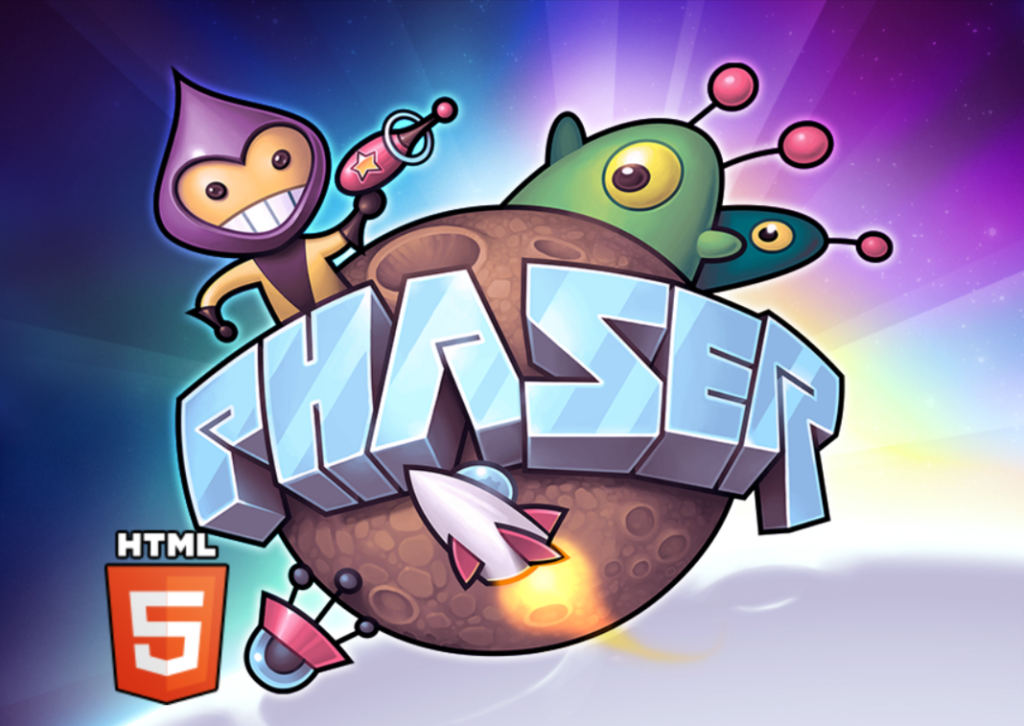Artificial intelligence (AI) has become a focal point of global attention as it is poised to play a crucial role in future IT innovations. AI can be defined as the ability of a computer to think and perform tasks like a human being. Its presence aims to facilitate human access to various services easily, quickly, and conveniently. The gaming industry has been quick to embrace Game Builder AI technology, incorporating it into various types of games, including shooting, strategy, racing, and computer-related games.

Contemporary video games utilize Game Builder AI technology in their simulations and structural designs, making them resemble real-life environments in three dimensions. AI’s presence also plays a crucial role in analyzing user gaming techniques and adapting to various levels of user expertise. The utilization of Game Builder AI in video games can be broadly categorized into three parts:
1. AI for Game Developers
AI aids in game development by serving as a player within the game, testing game mechanics to identify any flaws. Developers often embed AI into their games to analyze player behavior and preferences, subsequently refining and expanding the game based on the data collected. This approach is akin to AI algorithms used in various applications like YouTube or Instagram, where recommendations or suggestions are tailored based on users’ viewing history.
2. AI as NPCs and Training
Non-Player Characters (NPCs) have long been present in games, serving roles such as pedestrians in GTA (Grand Theft Auto) or ghosts in Pac-Man. AI for training purposes, as seen in chess games that adjust difficulty levels based on player choices, is also prevalent. Unlike conventional AI, NPCs must not evolve over time, as AI advancements can lead to unpredictable and accurate player behavior modeling, potentially hindering game objectives.
Developing AI without the capacity to evolve is challenging, especially in strategy-intensive games with multiple characters like F.E.A.R, HALO, and DOTA. In such games, enemies can exchange information, communicate, and strategize against players, adapting to their surroundings. However, there are AI systems that evolve over time by playing the game repeatedly to gather data, such as OpenAI Dota 2, capable of defeating professional players.
3. AI as Generators
AI technology can autonomously generate environments or objects within games. For instance, the world generator in Minecraft creates vast, detailed worlds beyond developers’ manual capabilities. Advanced AI applications, like in No Man’s Sky, generate infinite galaxies, each with unique landscapes and life forms. Another example is the game Ni Shui Han, where players upload photos to generate a character’s 3D face.
Examples of AI-Based Games:
- Quick Draw: An educational game developed by Google Creative Lab that challenges players to draw objects within 20 seconds, then AI assesses the drawings against examples provided.
- The Infinite Drum: A music-themed game developed by Manny Tan and Keyle McDonald, allowing users to create rhythms and music sounds with adjustable tempos.
- Giorgio Cam: Developed by Eric Rosenbaum and Yotam Mann, this game creates music based on objects captured via smartphone or laptop cameras, with Giorgio generating rap descriptions.
In conclusion, AI plays a crucial role in the evolution of video games, enabling developers to create more immersive and engaging gaming experiences. As AI technology continues to advance, we can expect even greater innovation in various game genres, reshaping the gaming landscape for years to come. Melon Editor stands out as one of the best game builders, pushing the boundaries of creativity and innovation in the gaming industry.



